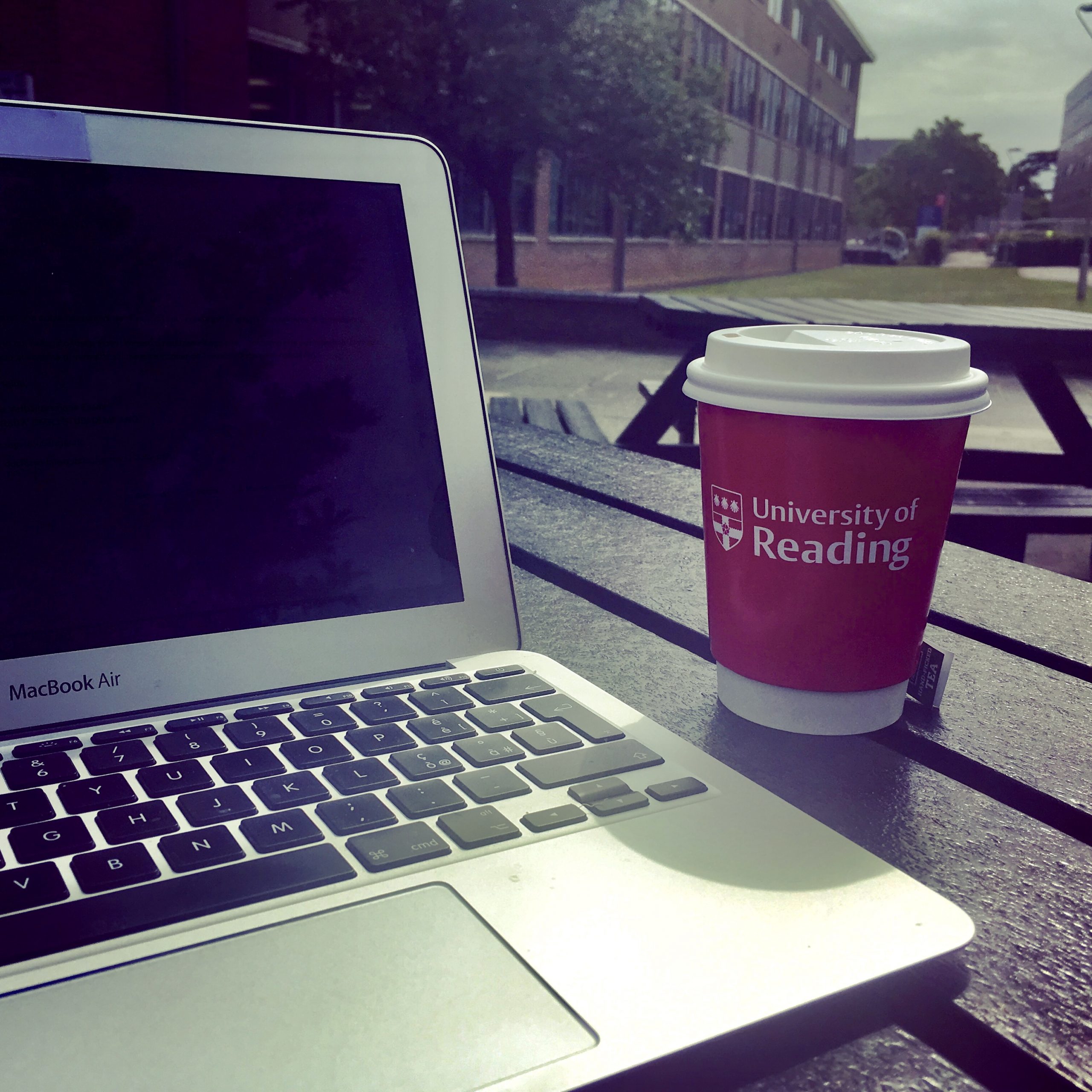“If you can read yourself as fiction as well as a fact, you will be freer. If you are a story, you can change that story, especially how it ends.”
I read this sentence in Jeanette Winterson’s Love, and it made me think of my own story, which has now become my life, my fact.
When you apply for a grant, you read yourself as fiction. Yes, there are facts of course, and you cannot make everything up, but part of the grant writing is fiction, it’s a story of who you could be, what you could do, who and what you might become thanks to that grant. While I was writing my application for the Marie Curie Individual fellowship I tried to put in it, on the one side, all those things that I knew the EU commission treausured – gender issues, communication to the general public, field work with students – but in the meantime I was writing the story of what I would have liked to do and to be. I had to read, and write, myself as fiction in order to image what I would have been able to achieve should I have become that version of myself.
When I read my application one last time before pressing submit, it scared me: should I have won, would I have been able to do all those things? Did that woman really exist?
It didn’t, of course. Not yet. But it does now.
In writing a story of myself I changed my story, I created a fiction of myself which transformed me into that version of me. This is how important it is to try and write projects, to dare and think big. It allows ourself to put no limits to what we can become.
As my (amazing) colleague Sarah Bigi used to tell me: “when you’re tired or disappointed or frustrated don’t waste time complaining. Sit down and write a project.” To which I add: dare to read yourself as fiction, and change your story for the better.

“Se potete considerarvi come una narrazione oltre che come un fatto, sarete più liberi. Se siete una storia, potete cambiarla, soprattutto il finale.”
Ho letto questa frase nel libro Love di Jeanette Winterson e mi ha fatta pensare alla mia storia, che ora è diventata la mia vita, il mio dato di fatto.
Quando scrivi un progetto per un bando pensi a te stessa come un romanzo. Sì certo, ci sono i fatti, e non puoi inventarti tutto, ma parte della scrittura del progetto è una finzione, è la storia di chi potresti essere, di quello che potresti fare, di ciò che potresti diventare grazie a quei fondi. Mentre scrivevo il mio progetto per la Marie Curie cercavo di inserire, da un lato, tutte quelle cose che sapevo essere importanti per la Commissione dell’Unione Europea – le questioni di genere, la comunicazione col pubblico, il lavoro sul campo con gli studenti – ma al contempo stavo scrivendo la storia di quel che avrei voluto fare e diventare. Ho dovuto considerarmi, e scrivere di me, come fossi un romanzo per riuscire a immaginare cosa sarei stata in grado di fare se mi fossi potuta trasformare in quella versione di me stessa.
Quando lessi la proposta un’ultima volta prima di inviarla mi spaventò: se avessi vinto, sarei stata in grado di fare tutte quelle cose? Quella donna di cui avevo scritto esisteva davvero?
No, ovviamente. Non ancora. Ma esiste ora.
Scrivendo una storia di me stessa ho cambiato la mia storia, ho creato una narrazione di me stessa che mi ha trasformata in quella versione di me. Ecco quanto è importante scrivere un progetto, osare, pensare in grande. Ci permette di non porre limiti a quello che possiamo diventare.
Come diceva sempre la mia (fantastica) collega Sarah Bigi: “quando sei stanca o delusa o frustrata, non perdere tempo a lamentarti. Siediti e scrivi un progetto.” A cui aggiungo: osate pensare a voi stessi come a un romanzo, e cambiate in meglio la vostra storia.
